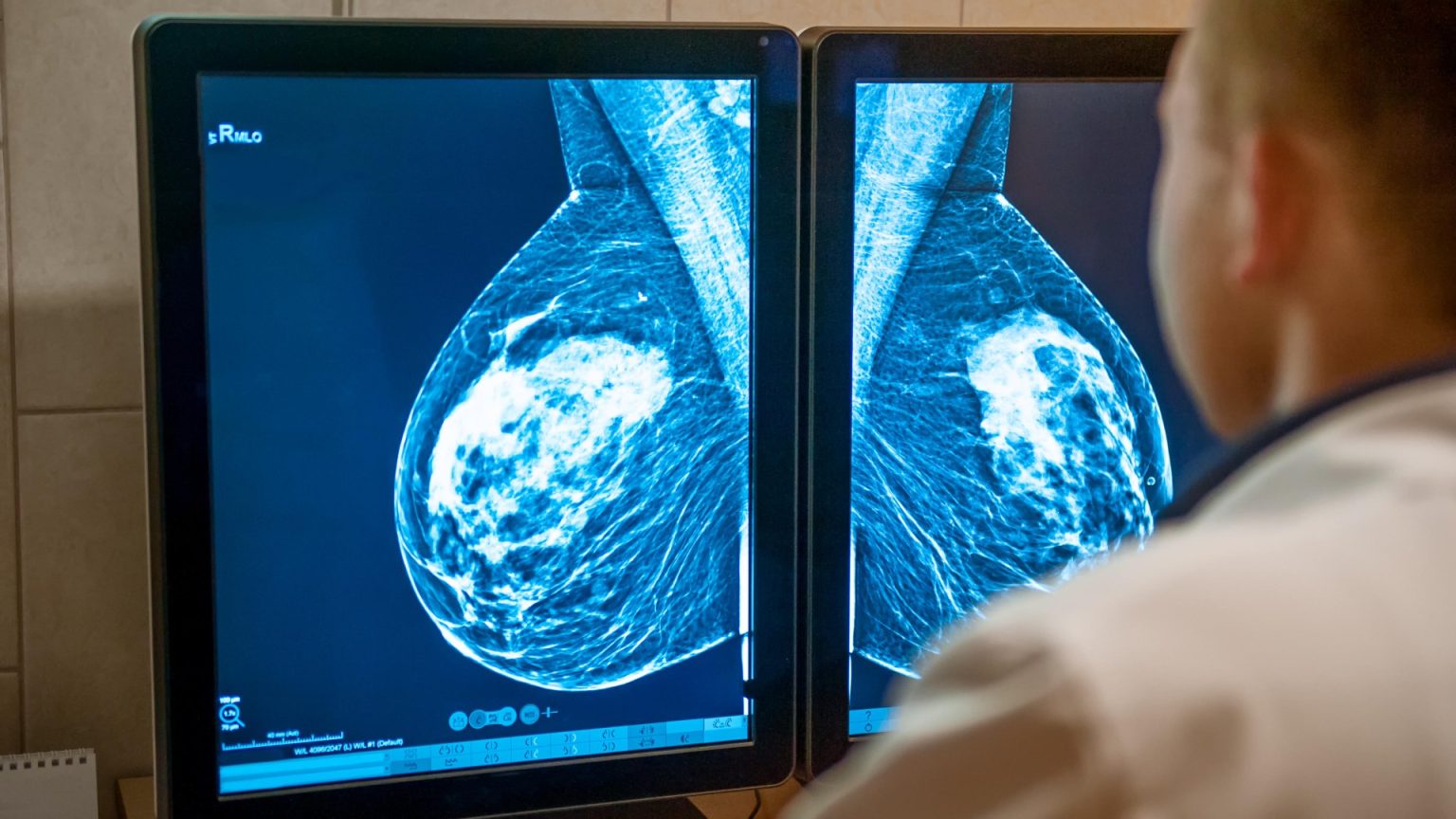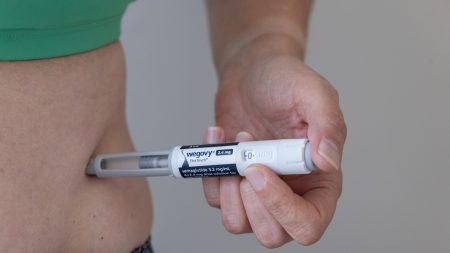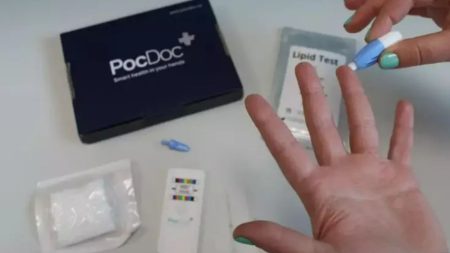The National Health Service (NHS) in England is embarking on a groundbreaking trial to integrate artificial intelligence (AI) into breast cancer screening, potentially revolutionizing early detection and diagnosis. This landmark study, encompassing nearly 700,000 women, will assess the efficacy of AI algorithms in analyzing breast scans, comparing them against a vast database of previous scans to identify subtle abnormalities that might indicate the presence of cancer. The underlying principle is that AI, through machine learning, can be trained to recognize patterns and anomalies indicative of cancerous growths, potentially surpassing the capabilities of human radiologists in identifying early-stage cancers.
The core function of the AI in this context is to act as a second reader, assisting radiologists by flagging suspicious areas on mammograms. This collaborative approach aims to enhance the accuracy and speed of diagnosis, enabling earlier intervention and potentially improving patient outcomes. The trial, initially involving 30 breast clinics and backed by an £11 million investment, holds the promise of transforming breast cancer screening across the NHS if successful. Experts believe that this technology could significantly reduce the workload on radiologists, effectively allowing one radiologist to perform the work of two, while simultaneously improving the detection rate of early-stage cancers, critical for successful treatment.
This initiative addresses a significant challenge within the NHS: the shortage of radiologists. With approximately 30% of radiologist positions currently vacant, the integration of AI could alleviate the strain on the existing workforce, expediting the screening process and reducing waiting times. The Royal College of Radiologists, recognizing the potential of AI in healthcare, has urged the NHS to embrace this technology to enhance productivity and diagnostic capabilities, allowing doctors to dedicate more time to patient care.
The potential of AI in transforming healthcare extends beyond breast cancer screening. Its ability to analyze vast datasets and identify intricate patterns holds promise for various medical applications, from diagnosing other types of cancer to personalizing treatment plans based on individual patient characteristics. The ongoing trial represents a significant step towards realizing the potential of AI in revolutionizing healthcare, offering faster, more accurate diagnoses, and ultimately improving patient outcomes.
The mechanism by which AI detects cancer involves a sophisticated learning process. The algorithms are trained using a massive dataset of previous breast scans, some showing cancerous tissues and others showing healthy tissues. Through this training, the AI learns to associate specific image patterns with the presence or absence of cancer. When presented with a new scan, the AI compares it to the thousands of images it has already analyzed, identifying any similarities to previously identified cancerous patterns. This ability to discern subtle nuances and variations, often imperceptible to the human eye, allows the AI to detect potential cancers at an earlier stage than traditional methods, offering a crucial advantage in treatment and prognosis.
The trial’s success hinges on the accuracy and reliability of the AI algorithms in identifying cancerous lesions while minimizing false positives. While the technology holds immense promise, its implementation requires careful monitoring and validation by medical professionals to ensure its effectiveness and safety. This landmark trial represents not only a significant advancement in breast cancer screening but also a crucial step in exploring the transformative potential of AI in healthcare, paving the way for a future where technology empowers medical professionals to deliver more accurate, efficient, and personalized care. The future integration of AI across the NHS could revolutionize diagnostic processes and significantly improve patient outcomes in various medical fields.











